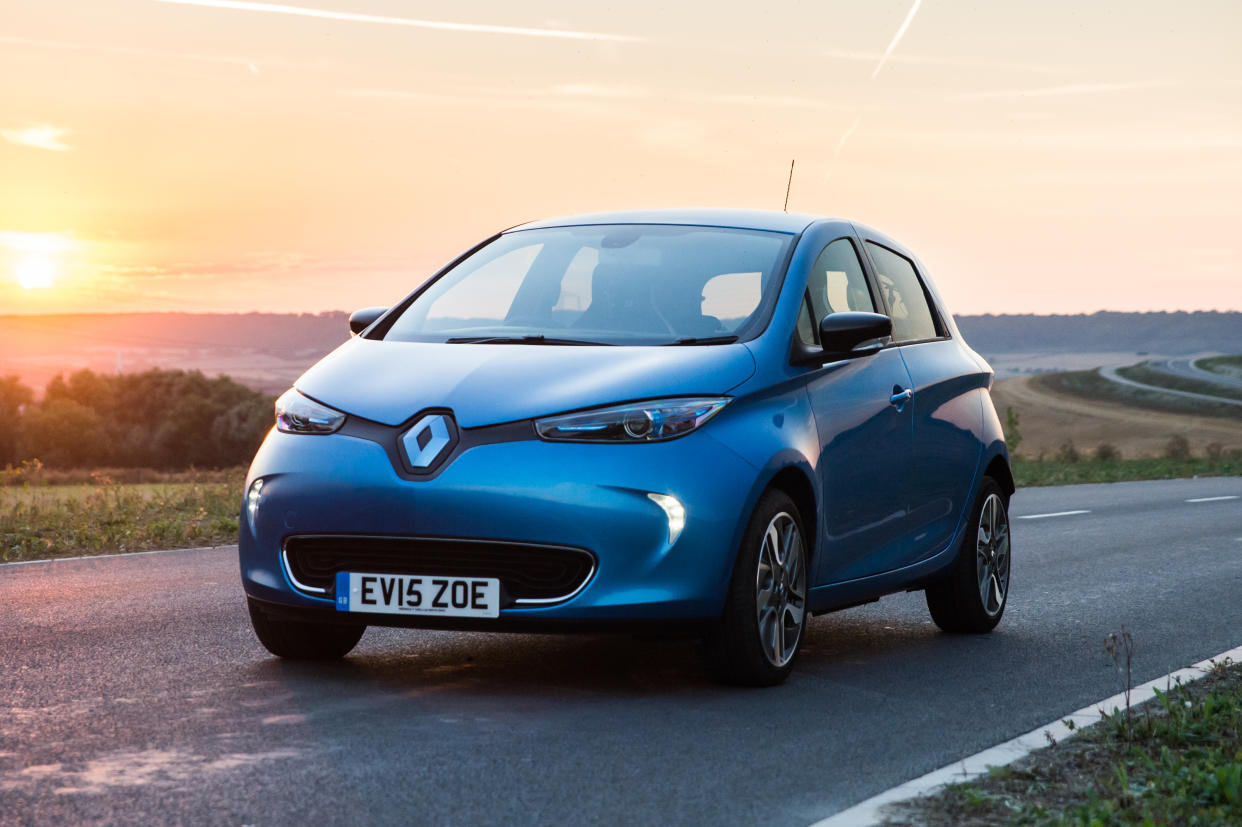Renault, Nissan and Uber partner up to push EV adoption

Renault, Nissan and Uber have signed a Memorandum of Understanding to encourage the uptake of electric vehicles among the ride sharing app’s drivers.
Following a successful trial in the UK, the companies will now look at ways to provide Uber’s drivers with affordable EVs in European markets.
The company wants 50 per cent of the kilometres driven on the platform across seven major European cities to be in electric vehicles by 2025.

By the end of the year, the UK’s pilot scheme should have been expanded to France, with a view to rolling it out in the Netherlands and Portugal soon after.
Gilles Normand, senior vice-president of electric vehicles and mobility services at Groupe Renault, said: “This MoU with Uber is an acknowledgement of our ability to conquest new markets and to support professionals in their energy transition.
“Today, we capitalise on our competitive advantage: an attractive EV-offer that contributes to large scale electric mobility roll-out. We have worked closely with local authorities over the past years to propose solutions to the growing challenges facing cities: transportation, decarbonisation and air quality. With the signature of this MoU we aim to join our forces to accelerate the movement.”
Millions of rides a day. Zero emissions.
That’s our commitment to the planet. And it starts by helping hundreds of thousands of drivers transition to electric vehicles by 2025.
Learn more → https://t.co/z26hNClJyopic.twitter.com/Y4egd77RaY
— Uber (@Uber) September 8, 2020
Jordi Vila, divisional vice president for sales and marketing at Nissan Europe, added: “From 10 years of experience with the Nissan Leaf, we know people love driving electric, and that making the switch can help drivers to save money and support the clean air ambitions of our major cities.
“By teaming up with Uber in the UK, we have already been able to increase the awareness and adoption of zero-emission vehicles, and we are looking forward to exploring how to roll that out further in Europe.”


